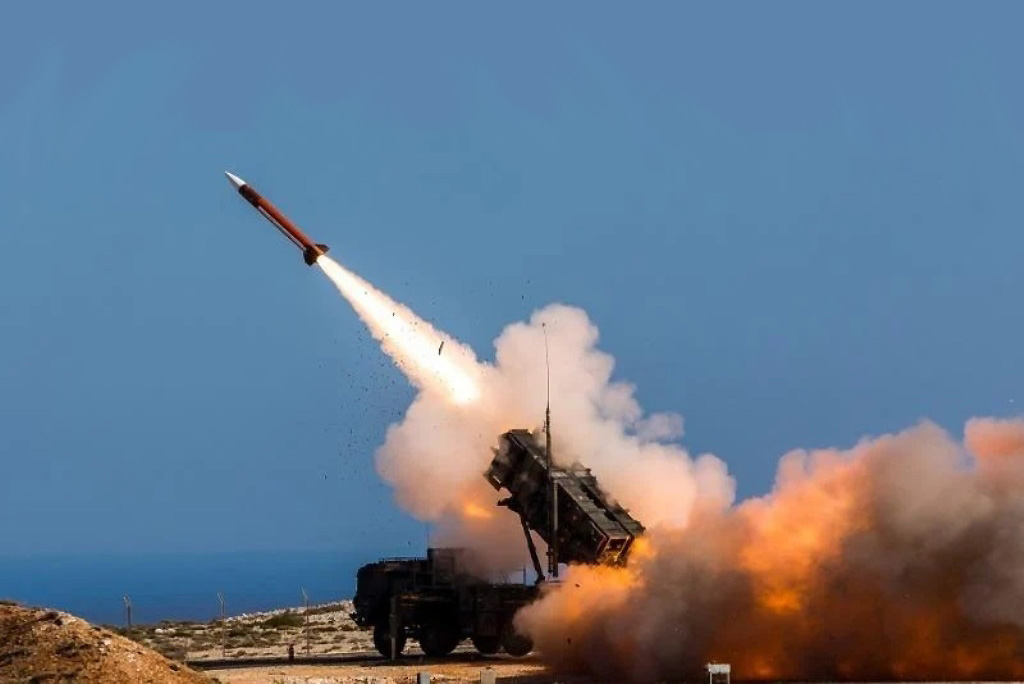Renewed Attacks on Oil Facilities in Nigeria’s Delta Region: A New Era of Militancy?
On a recent Sunday, two militant groups in Nigeria’s oil-rich southern delta region took center stage, claiming responsibility for a series of attacks on oil facilities. The Liberation Army of the Niger Delta and Bakassi (L.A.N.D. & B) and the more infamous Movement for the Emancipation of the Niger Delta (MEND) have signaled a disturbing resurgence of violence that has historically plagued this resource-rich area.
Background on the Delta Region’s Recent Stability
Historically, Nigeria’s delta region has been a hotbed of armed militant violence and crude oil theft, creating a turbulent environment for both local communities and oil corporations. However, in the years preceding these recent attacks, the area appeared to be stabilizing. Various efforts, including governmental amnesties and negotiations, seemed to have stemmed the tide of violence. Yet, the recent surge in militant activity suggests that beneath the surface, tensions have remained unresolved.
Details of the Recent Attacks
Local sources reported that the recent attacks on oil facilities occurred over the past week, focusing particularly on a key oil supply line leading to a terminal in Bayelsa State. Nigerian oil company Oando confirmed multiple pipeline attacks, indicating the strategic nature of the militants’ operations. The disruptions caused by these incidents not only affect the oil supply chain but also wider implications for the Nigerian economy and community livelihoods.
Motivations Behind the Attacks
The militants have framed their actions as a direct response to President Bola Tinubu’s controversial declaration of a state of emergency in Rivers State—a region also known for its oil wealth. This political move followed months of infighting in the state, culminating in the suspension of the state governor, Siminalayi Fubara, and his deputy, Ngozi Odu. The President’s decision ostensibly aimed to address growing violence against oil infrastructure, with Tinubu accusing Governor Fubara of complicity in the unrest.
The militants announced their intent to rid Rivers State of what they termed "usurpers of the people’s legitimate authority." This declaration sets a challenging scene for the government as it attempts to navigate complex political dynamics while ensuring the state’s oil production remains unaffected.
Implications for Nigeria’s Economy
With Nigeria grappling with one of the most severe cost-of-living crises in decades, a resurgence of militant violence in the delta could spell disaster for the country’s economic recovery efforts. Oil Minister Heineken Lokpobiri emphasized the significant financial impact of the attacks, warning that every day the trunk line remains shut results in substantial revenue losses—not just for the federal government but also for the company involved and the host communities that rely on these resources.
The need for a stable environment is more pressing than ever for Nigeria, which is seeking to revive its economy amidst ongoing challenges. The oil sector, being a linchpin of the Nigerian economy, requires protection against sabotage and violence to facilitate the growth and development of the nation.
Historical Context: MEND and the New Players
While the L.A.N.D. & B group remains relatively unknown, MEND has a notorious history of destabilizing Nigeria’s oil sector. In the 2000s, MEND’s militant activities significantly reduced oil output as they fought for a fairer distribution of wealth from the country’s oil resources. The government’s amnesty program in 2009 marked a turning point in the struggle, suggesting that past grievances had, at least temporarily, been addressed. However, the recent alliance between MEND and L.A.N.D. & B raises alarms about a potential return to the widespread unrest that characterized earlier decades.
The Future of Security in the Niger Delta
As the situation unfolds, the implications for regional security and governance are profound. Political leaders must respond to grassroots frustrations and grievances to mitigate the risks of a broader conflict. Without addressing the underlying causes of discontent, including economic inequality and political exclusion, Nigeria risks repeating the cycles of violence that have historically impeded its progress.
The dynamics of the Niger Delta serve as a reminder of the complexities at play in balancing resource management, local governance, and the quest for social justice. As news continues to develop around the region’s unrest, the eyes of policymakers, citizens, and international observers will undoubtedly be focused on the Niger Delta, waiting to see how this volatile situation evolves.





